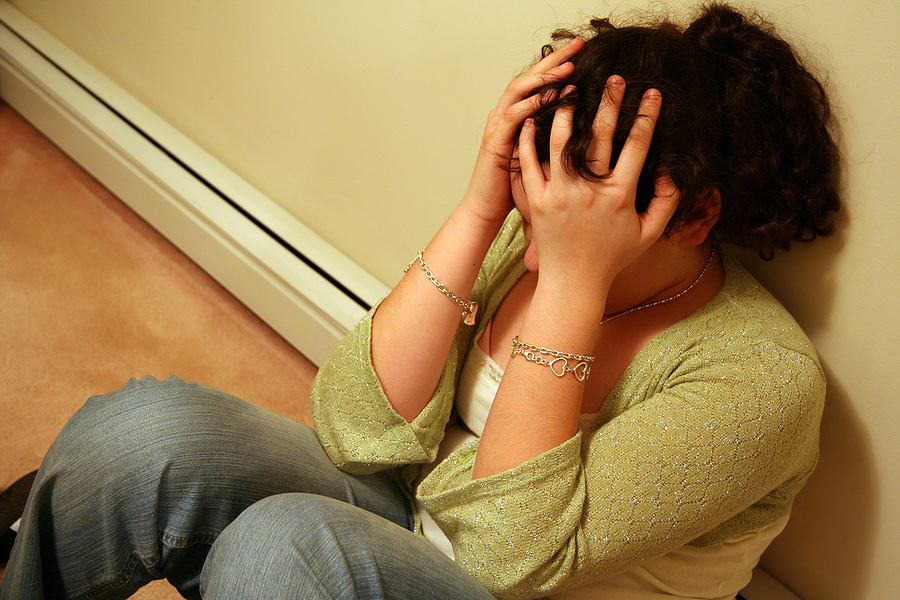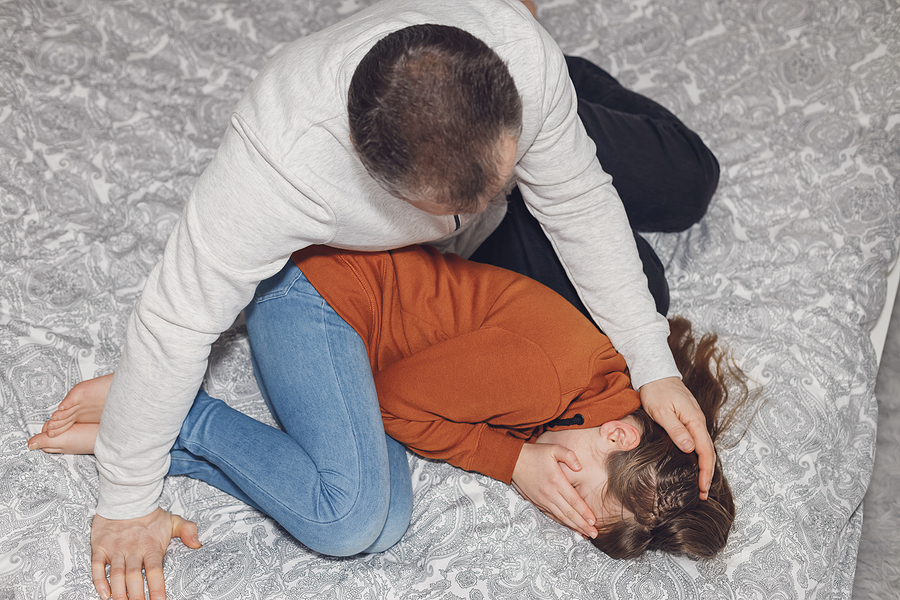Parents often notice changes in their children before anyone else does. Recognizing those early warning signs of youth mental health struggles can help you protect your child’s mental well-being and prevent future harm. Many young people face emotional challenges that may appear as stress, anxiety, or depression. You play a vital part in identifying those signs and seeking help before the situation worsens. We want to help you understand what to look for and how to respond effectively when your child shows signs of emotional distress.
Common Emotional and Behavioral Red Flags in Teens
Behavior often reflects a child’s mental state. Sharp changes in attitude, energy, or habits may reveal trouble beneath the surface. When mood shifts extend beyond normal teenage ups and downs, you should take notice. A child who appears sad for weeks, expresses hopeless thoughts, or reacts with anger and defiance may struggle internally. Expressions of worthlessness or frequent irritability often point toward emotional strain that requires attention.
How Mental Health Struggles Affect Daily Life
Emotional strain affects nearly every part of a young person’s life. A teen who once managed daily routines easily may begin to struggle with even simple tasks. Sleep often suffers first. Some children lie awake for hours, while others sleep far more than usual, yet still feel tired. Eating habits may change as well—some lose interest in food entirely, while others turn to overeating as a way to soothe distress.
Difficulty focusing on homework or managing responsibilities usually follows. A child who forgets assignments, drifts off during conversations, or avoids chores may feel emotionally drained. When fatigue, loss of focus, and disinterest persist, the problem likely extends beyond ordinary stress. Early support through therapy or counseling restores structure and helps your child regain control over daily life.
Physical Symptoms Linked to Emotional Strain
Emotional pain often manifests through physical symptoms. Recurring headaches, stomachaches, or fatigue without a medical explanation can reflect mental distress. You may notice patterns—for example, complaints of nausea before school or social events. When physical symptoms repeatedly occur in stressful settings, they often stem from anxiety or emotional tension rather than a medical disorder.
When Isolation or Withdrawal Becomes a Concern
Privacy holds value for teenagers, but embracing that privacy too much means that your child may be withdrawing from the world. Long-term isolation is not just a sign of a mental health struggle. It can also lead to other mental health issues.
A child who spends nearly all day in their room, avoids family meals, or turns down every invitation may experience depression or social anxiety. Extended isolation limits support systems and intensifies loneliness.
Act sooner than later when isolation becomes an issue for your teen. Waiting to get help increases the risk of potential problems by letting their mental health deteriorate further. Get involved and get help to make sure that they have the support they need.
Risky or Impulsive Behaviors That Signal Deeper Issues
Risk-taking often signals unresolved emotional distress. Reckless driving, alcohol use, or substance experimentation rarely occur without reason. These actions frequently serve as attempts to escape pain or control emotions that feel unmanageable. When behavior turns unsafe, the problem requires immediate professional attention.
Learn More About Behavioral Health Services for Teens
Teens face a variety of mental health struggles that their parents can help with. Staying vigilant and taking action are the keys to a successful intervention and treatment, especially when parents recognize the warning signs of youth mental health struggles. Contact Alis Behavioral Health by calling (888) 528-3860 or using our online contact form when you notice signs that your teen is struggling. We work with teens to treat early indicators of teen mental health issues and behavioral health problems.
















